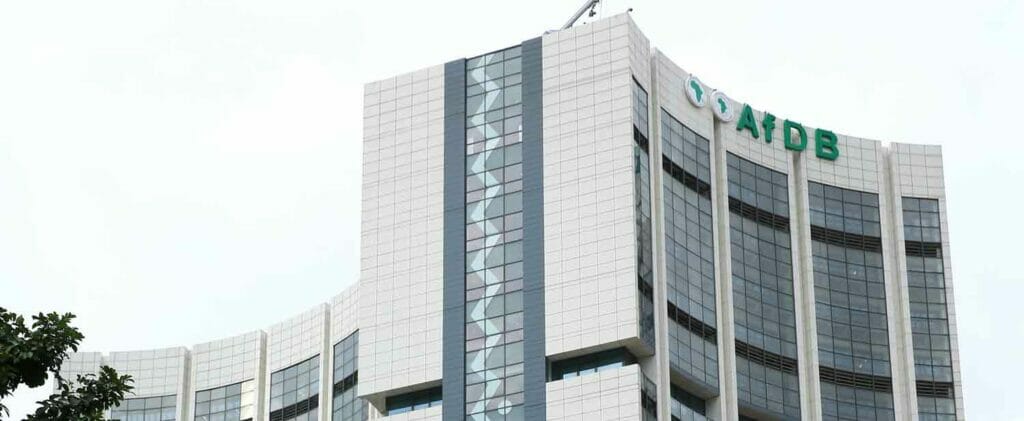- The African Development Bank warns of social unrest in Nigeria, Ethiopia, Angola, and Kenya due to rising fuel prices
- Sultan of Sokoto and Emir of Kano highlight dire youth unemployment and food insecurity, cautioning against impending social unrest
The African Development Bank (AfDB) has issued a stark warning, indicating that countries including Nigeria, Ethiopia, Angola, and Kenya risk experiencing social unrest due to the escalating prices of fuel and essential commodities. This caution comes as part of the AfDB’s macroeconomic performance and outlook for 2024, forecasting a higher economic growth rate for the continent than the 3.2 per cent recorded in 2023.
In Nigeria, citizens from states like Kano, Niger, Lagos, and others have taken to the streets to protest against the prevailing cost of living crisis. This crisis, largely attributed to the federal government’s policies of removing petrol subsidies and floating the naira, has sparked widespread dissatisfaction among the populace.
The Sultan of Sokoto, Muhammad Sa’ad Abubakar III, sounded a sombre warning during the 6th Executive Committee meeting of the Northern Traditional Rulers Council in Kaduna. He highlighted the dire situation faced by millions of Nigerian youths grappling with unemployment and food insecurity, cautioning that the country is on the brink of social unrest.
Echoing these sentiments, the Emir of Kano, Alhaji Aminu Ado Bayero, emphasized the severity of the hardship experienced by Nigerians. He urged Senator Oluremi Tinubu to convey the message of the populace’s suffering, particularly the pervasive hunger, to the president.
In response to the mounting pressure, the Minister of Agriculture and Food Security, Abubakar Kyari, pledged to distribute 42,000 metric tonnes of grains free of charge to alleviate the burden on citizens.
Meanwhile, the Nigeria Labour Congress (NLC) has announced plans for a nationwide mass protest on February 27 and 28 to express grievances over the prevailing hardship. NLC President Joe Ajaero emphasized that this decision follows the expiration of a 14-day ultimatum issued to the government.
The AfDB underscored that removing energy subsidies in countries like Angola, Ethiopia, Kenya, and Nigeria has contributed to social unrest driven by opposition to government policies. Additionally, it cautioned against the potential for geopolitical tensions and supply chain disruptions, which could exacerbate energy and food inflation, particularly impacting vulnerable regions like Africa.
Furthermore, the AfDB warned of the economic consequences of regional conflicts and political instability, emphasizing the diversion of resources from development and social support to security and defence. It highlighted the risk of sanctions following unconstitutional government takeovers, posing further challenges to economic stability.

